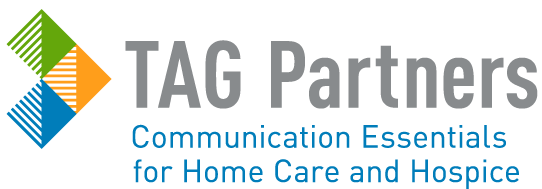Become a champion for renal health by observing National Kidney Month this month and World Kidney Day on March 9.
More than 20 million Americans have chronic kidney disease, though most don't know they have it until their condition has progressed. According to the National Institute of Diabetes and Digestive and Kidney Diseases, more than 660,000 Americans have kidney failure.
As renal conditions continue their course as a serious health problem in our nation, it makes sense to educate about kidney disease while spreading the word about how your services can help. These tips can help you get started.
- Reach out to a local church that serves your community’s African American population and offer to sponsor a National Kidney Sundays event. Here's a great toolkit to kick off your planning.
- Show that your agency cares about kidney health by posting informative graphics about diabetes and chronic kidney disease on your social media feeds. The Centers for Disease Control and Prevention has created info cards/memes to make this easy.
- Feature a kidney-disease related article on your website or in your newsletter. Ready to start a newsletter? TAG Partners offers ready-made newsletters for home care and hospice.
- Have an open discussion forum or teach local community groups about kidney-related topics. Find tons of teaching topics in the National Kidney Foundation's A to Z Health Guide.
- Check out the list of kidney screenings and awareness events being conducted this month across the country and find one where you live. Become a care partner and co-sponsor the event. If there’s no event planned for your community, take charge and plan one for next year.
- March 28 is American Diabetes Association Diabetes Alert Day. Diabetes is a major risk factor for kidney disease, so this day’s occurrence during National Kidney Month is the perfect time to spread the word. Visit the general practitioner offices in your market and educate them on your agency’s efforts to care for their diabetic patients. Drop off your agency's disease-specific flyers and brochures while you're there.
- Sponsor a quarterly discussion about kidney disease and other chronic conditions in a local ALF or ILF. Spread the love and get as many facilities as you can to co-sponsor the group discussions. A great class to teach the facility residents is one about chronic disease management. To get individual item pricing, please call TAG Partners at 866-232-6477 ext 2018.


